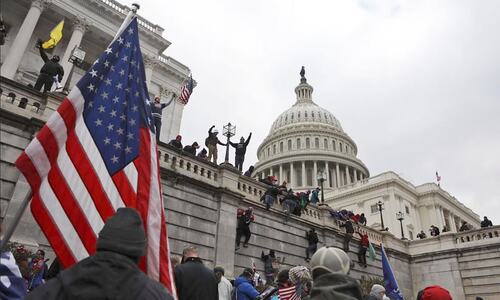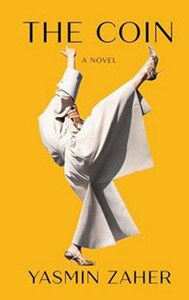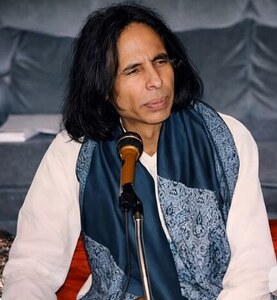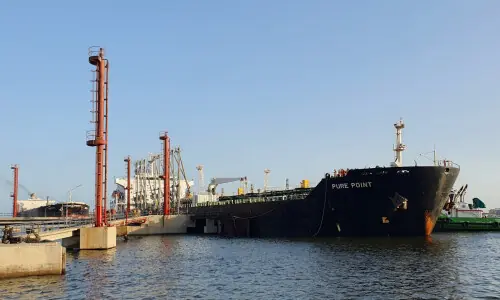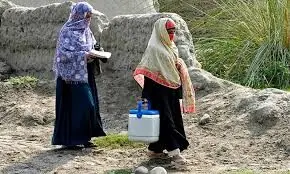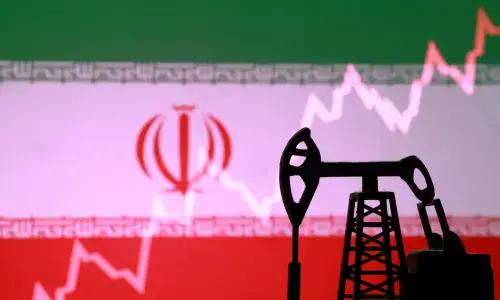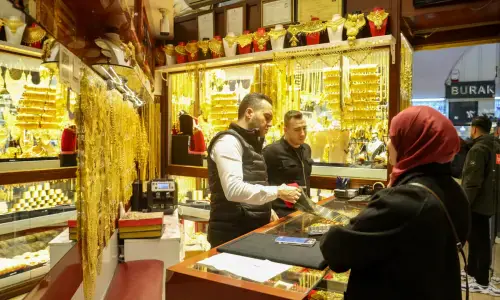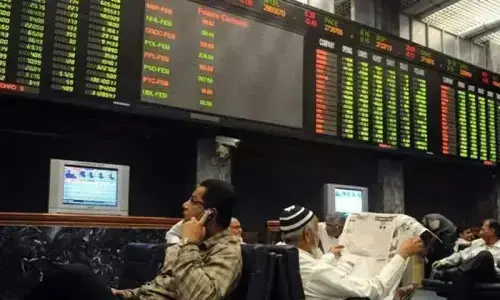
When some flamboyant journalist or dim-witted commentator takes the stage and audaciously announces the futility of the endeavours of ideologically motivated writers of yesteryears, and the failure of their organisations that flourished until some time ago — for instance, the Progressive Writers’ Association (PWA) — a part of one’s emotional being gets deeply hurt. However, one’s rational being comes to the rescue and reminds one that some of those publicly aligning themselves with progressive causes today in art and literature often confirm their gross ineptitude in organising new movements, and also showcase their limited talent in their own literary pursuits.
The undermining of the PWA and its past members and associates is actually very different from criticising their successors of today. People who find themselves positioned on the political left continue to tell their fellow academics and political workers, artists and writers that they should learn from past misadventures of their socialist predecessors in case of political work, and from the limitations of Progressive writers from earlier generations in terms of nurturing resistance literature.
I look at the two differently. While political workers certainly need to learn from the past mistakes of their earlier leadership, artists and writers leaning towards the left in this time and age need to, in fact, learn from the past achievements of the PWA, Awami Adabi Anjuman, Sindhi Adabi Sangat, et al. Although poet and scholar Maulana Hasrat Mohani had hoisted the hammer and sickle flag on his Kanpur rooftop in 1925, it remained largely ceremonial. It was only later, in the 1930s, that the Communist Party of India (which he helped found) and its various offshoots and organs started gaining ground. The success of socialist movement(s) in South Asia in bringing working-class issues to the limelight based on Marxist theory should not be underestimated. However, we see left wing political ideologues and thinkers in our part of the world falling short of first developing, and then continuously evolving, a solid and independent indigenous narrative vis-à-vis the party line coming from the (former) USSR and, later, from both the USSR and China. They couldn’t always successfully challenge the forces of status quo and imperial capital hegemony. Subsequently, attempts to establish an alternative political discourse could only take root on the peripheries — both intellectual and geographical.
On the other hand, organisations such as the PWA and the Indian People’s Theatre Association — and the discourses they generated — not only impacted artists, performers, journalists and writers on an individual level; they were successful in collectively forming anti-colonial and anti-imperial cultural and social movements. From Syed Sajjad Zaheer to Faiz Ahmed Faiz, Krishan Chander to Ismat Chughtai, Ali Sardar Jafri to Makhdoom Mohiuddin, a galaxy of writers and poets transformed the way we think, feel, act and respond. These movements also defined the very nature of Indian cinema and South Asian theatre. From Khwaja Ahmad Abbas to A.K. Hangal, Balraj Sahni to Surinder Kaur, all were a product of the Progressive movement. There is enough room for serious criticism of the artistic and literary merit of the work of some practitioners associated with these movements, but these movements gave new meaning and a rich expression to our arts and culture that was never experienced before. For instance, in all our languages, modern poetry and short fiction owe a great deal to the Progressive Writers’ Movement.
Therefore, while we acknowledge that there were some who believed in social realism as dogma and employed it at the cost of the artistic value of their creation, we must also acknowledge that there were also many others who blended their compassion for humanity with their passion for aesthetics. Left wing politics failed us in bringing a revolution. Progressive art and literature, on the other hand, succeeded in changing the consciousness of so many in our societies. And despite their differences, these writers and artists could also come together for the greater cause of fighting against colonialism. Compare that with today, when we have three factions of the PWA in Lahore alone.
The writer is a poet and essayist based in Islamabad
Published in Dawn, Books & Authors, December 10th, 2017

